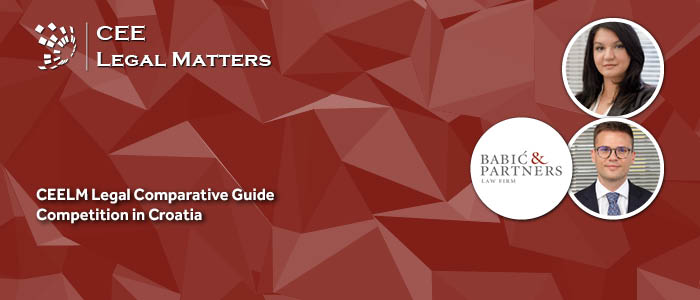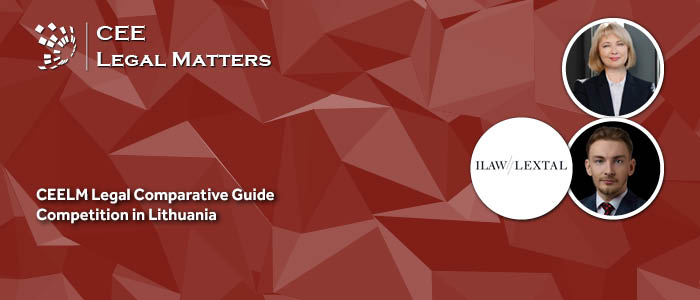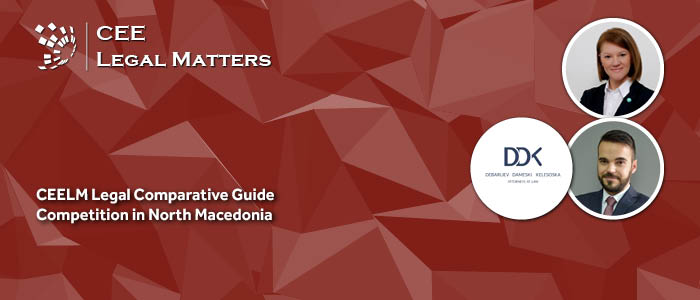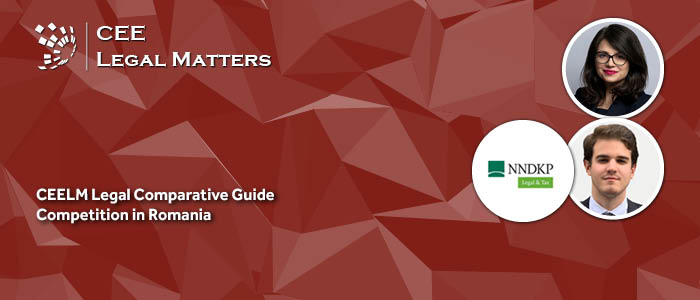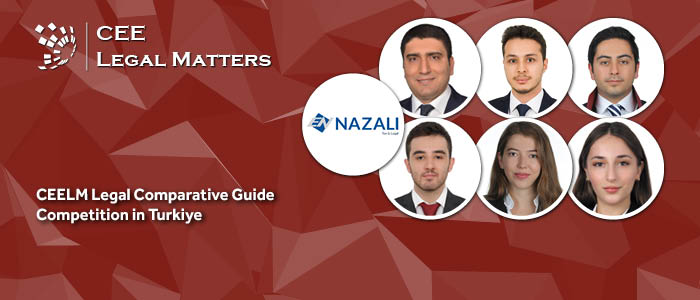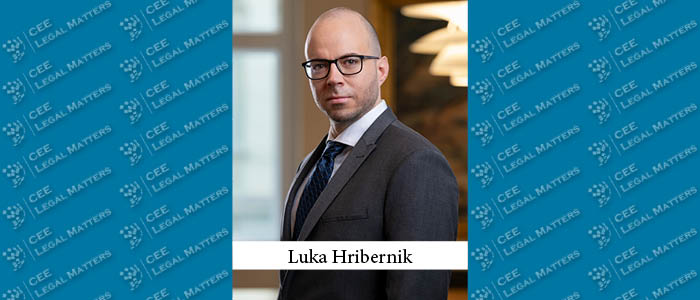On 26 February 2024, the 34/2024 (II.26) decree on the different application of Act C of 2000 on Accounting during an emergency was published in the Hungarian Gazette, which repeals a decree issued a few days before, on 8 February.
Competition Laws and Regulations in Albania
Contributed by Boga & Associates.
Competition Laws and Regulations in Croatia
Contributed by Babic & Partners.
Competition Laws and Regulations in Hungary
Contributed by Bird & Bird.
Competition Laws and Regulations in Kosovo
Contributed by Boga & Associates.
Competition Laws and Regulations in Lithuania
Contributed by Ilaw Lextal.
Competition Laws and Regulations in Moldova
Contributed by Aci Partners.
Competition Laws and Regulations in Montenegro
Contributed by Jovovic, Mugosa & Vukovic.
Competition Laws and Regulations in North Macedonia
Contributed by Debarliev, Dameski & Kelesoska.
Competition Laws and Regulations in Poland
Contributed by WLAW Woloszanski & Partners.
Competition Laws and Regulations in Romania
Contributed by Nestor Nestor Diculescu Kingston Petersen.
Competition Laws and Regulations in Serbia
Contributed by Bojovic Draskovic Popovic & Partners.
Competition Laws and Regulations in Slovenia
Contributed by Kavcic, Bracun & Partners.
Competition Laws and Regulations in Ukraine
Contributed by Integrites.
Competition Laws and Regulations in Turkiye
Contributed by Nazali Tax & Legal.
Transformative Legal Changes: Slovakia's New Transformations Landscape
1 March 2024 marks the date when the Transformations Act No. 309/2023 came into force in Slovakia. This regulation comprehensively outlines the procedures for national and cross-border mergers, divisions, and conversions of companies and cooperatives, moving away from the previously scattered provisions in the Commercial Code.
Entry and Residence of Third Country Nationals - Transitional Provisions
As of 1 March 2024, it possible to submit applications for residence permit at the Immigration Authority in accordance with the new regulation, i.e. the Act XC of 2023 on the General Rules for the Entry and Residence of Third-Country Nationals.
Proposal on Act on Judicial Protection Procedure for Former Holders of Qualified Liabilities of Banks
On 22 February 2024, the government adopted a proposal for a new Act on Judicial Protection Procedure for Former Holders of Qualified Liabilities of Banks ("ZPSVIKOB-1 Proposal"),the purpose of which is to eliminate the identified unconstitutionality of the previous Act ("ZPSVIKOB") and to finally appropriately regulate the procedure under which former holders could claim compensation for the controversial decisions of the Bank of Slovenia on the cancellation of their qualified liabilities in 2013.



